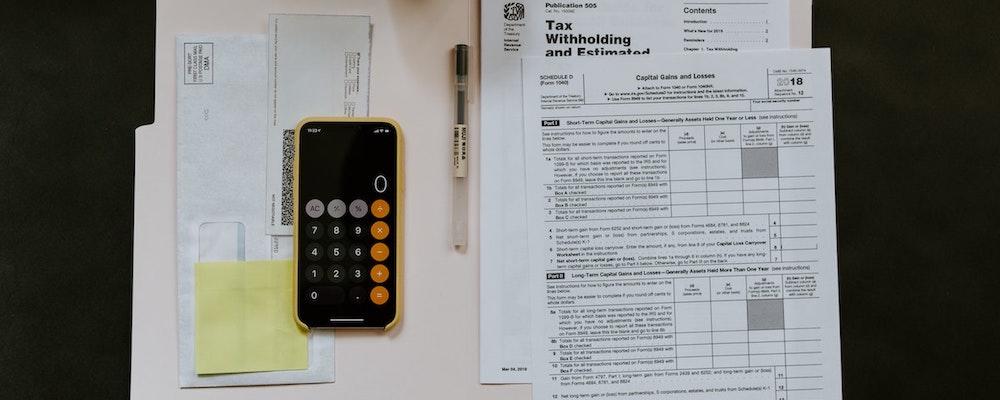
As you file your taxes or await your refund, look out for tax-related scams which could put your identity and finances at risk.
Tax season typically brings a surge in phishing attempts, including fraudulent emails that try to steer you to shady websites. As always, stay on your guard when you get emails, phone calls, or other communications about finances or similarly sensitive matters.
Data thieves file fake tax returns in the names of taxpayers whose identities they’ve already stolen. According to the IRS, many taxpayers learn about these scams only when the IRS notifies them that:
- They’ve filed more than one tax return
- They owe taxes for a year in which they weren’t required to file
- They were paid wages by an employer they didn’t work for
If you receive a notice like this from the IRS via postal mail, follow up with the IRS using the contact information provided. The IRS does not initiate contact with taxpayers using email or social media.
Protect your identity by exercising caution all year around. The IRS offers these tips:
- Guard your personal info. Avoid phishing and other online scams, but also be careful about what you keep in your wallet or throw out in your trash.
- Watch out for impersonators. Don’t provide personal info via phone, mail, or electronic communication unless you’ve initiated the contact or are sure you know who you’re dealing with. The IRS, the university, and other legitimate organizations don’t request sensitive info via email, social media, phone, or text.
- Protect information on your computer. This includes your tax return. The IRS recommends removing tax files from your computer once you file your return. Store them on flash drives or other removable media in a safe location.
Find more information in the IRS’s Taxpayer Guide to Identity Theft. University of Iowa Payroll Services also offers info about tax-season scams.
If you’re concerned your university accounts or computer hardware may be compromised, contact the Information Security and Policy Office or either the HCIS/ITS Help Desks (helpdesk-hcis@uiowa.edu or its-helpdesk@uiowa.edu) for assistance.